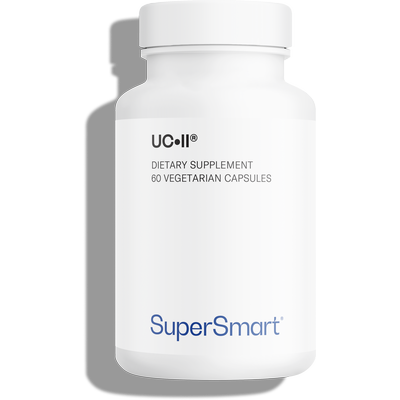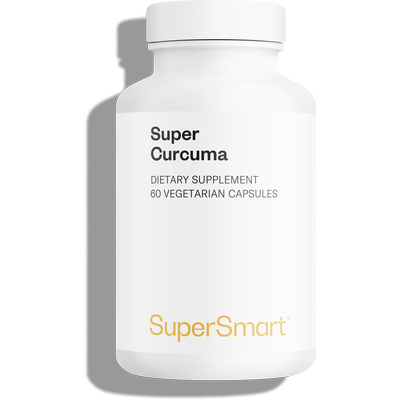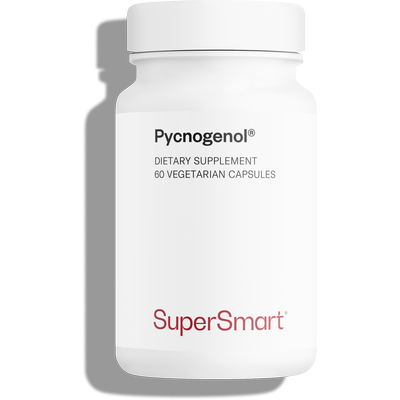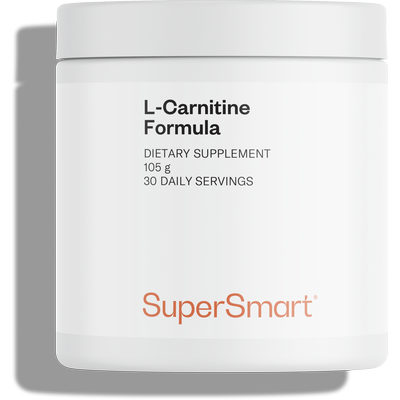Arthritis: the best nutrients and nutritional advice to help prevent and treat it

Arthritis is the most common inflammatory joint disease and seriously affects the quality of life of those who suffer from it. Can making dietary changes help? Which are the most beneficial nutrients for relieving the symptoms? Drawing on a review published in 2019, we’ve produced this update on the links between this widespread, disabling disease and nutrition.
Arthritis is a chronic disease which affects the joints, particularly the knees, hips, fingers and back. More specifically, it damages cartilage, the role of which is to reduce pressure when we move our joints (flexing the knee, for example). This abnormal wear and tear of cartilage can cause stiffness, deformity and varying degrees of pain in the joint. While treatments exist that can relieve the pain of arthritis, diet is sometimes said to affect its development.
The important role of carotenoids and polyphenols
A recent review (1) analysed the results of numerous studies, thus providing a global picture of the role played in the symptomatic treatment of arthritis by two large groups of compounds found in the diet.
- Carotenoids: these are the antioxidants found primarily in yellow, red and orange fruits and vegetables. Beta-carotene was found to have an effect, albeit mild, on the development of arthritis of the knee. Carotenoids are actually converted into vitamin A in the body, the derivatives of which may play a role in arthritis. For their part, lycopene, lutein and zeaxanthin appeared to reduce cartilage defects in the femur. Clinical studies are needed to provide more in-depth information on the potential role of carotenoids in the development of arthritis.
- Polyphenols: this is a large group of antioxidant compounds, found predominantly and abundantly in fruits and vegetables. Studies show that a polyphenol-rich diet reduces the progression of inflammation in the knees and slows down cartilage degeneration.
In addition, consuming isoflavones, found in soybeans, encourages cartilage production. However, this effect was only observed in men.
Another study examining the effects of consuming dried strawberries and cherry juice (high in polyphenols) showed a link between polyphenol intake and pain reduction as well as an improvement in quality of life for arthritis-sufferers.
Note: polyphenols are present in food in many forms and are absorbed and used differently from one individual to another. In addition, the positive effect of polyphenols remains poorly understood and requires further investigation.
Can dietary supplements play a positive role in treating arthritis?
In addition to nutrients in the diet, researchers (2) recently looked at the effects on arthritis of a number of supplements. Of the 20 products investigated, seven were shown to result in a significant, short-term reduction in pain:
- collagen hydrolysate, often of animal origin;
- extract of passion fruit (from the peel) ;
- whole extract of turmeric ;
- Boswellia Serrata extract, the plant source of incense;
- curcumin, the polyphenol responsible for turmeric’s colour;
- pycnogenol, found in maritime pine bark;
- L-carnitine, a molecule produced by the body.
Four other supplements also improved pain, though the significance of their clinical effects was unclear:
- avocado and soybean unsaponifiables;
- methylsulfonylmethane, a sulphur-based compound found in many foods;
- glucosamine, a molecule naturally present in cartilage;
- chondroitin: this supplement is one of the most widely-used for the joints and has a theoretically important role but its clinical effect on improving pain is not significant.
According to the study, only two supplements were seen to have significant effects on improving pain in the medium term:
- green-lipped mussel extract from New Zealand;
- undenatured type II collagen .
However, studies suggest that the role played by dietary supplements on the development and progression of arthritis, as well as on management of its symptoms, is debatable. It’s also important to remember that taking supplements for therapeutic use should be medically supervised to minimise any risk of unwelcome side-effects.
A definite link between diet and arthritis: weight loss
While studies conducted over recent years have produced promising leads in terms of diet and nutritional supplementation, the clearest link between diet and arthritis has been observed with weight loss. Excess weight and obesity are proven risk factors for the onset and progression of arthritis: a balanced diet, rich in fruits and vegetables, accompanied by weight loss, significantly reduces the likelihood of developing the disease and reduces joint pain and mobility problems.
References
- Vivienne X. Guan, Ali Mobasheri, Yasmine C. Probst. A systematic review of osteoarthritis prevention and management with dietary phytochemicals from foods. Maturitas. Vol. 122, pp 35-43, 2019.
- Xiaoqian Liu, Gustavo C. Machado, Jillian P. Eyles, Varshini Ravi, David J. Hunter. Dietary supplements for treating osteoarthritis: a systematic review and meta-analysis. British Journal of Sports Medicine. Vol. 52, n°3, pp 167-175, 2018.
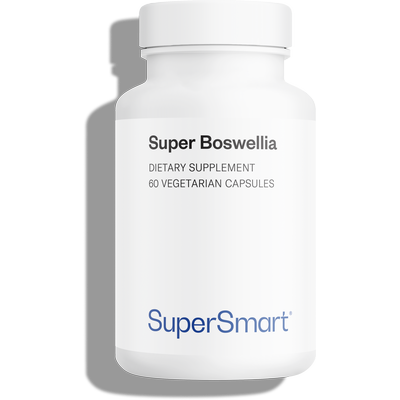
The essential painkiller for improving joint flexibility and comfort
www.supersmart.comAll rights reserved
Free
Thank you for visiting our site. Before you go
REGISTER WITHClub SuperSmart
of exclusive benefits:
- Free: our weekly science-based newsletter "Nutranews"
- Special offers for club members only



